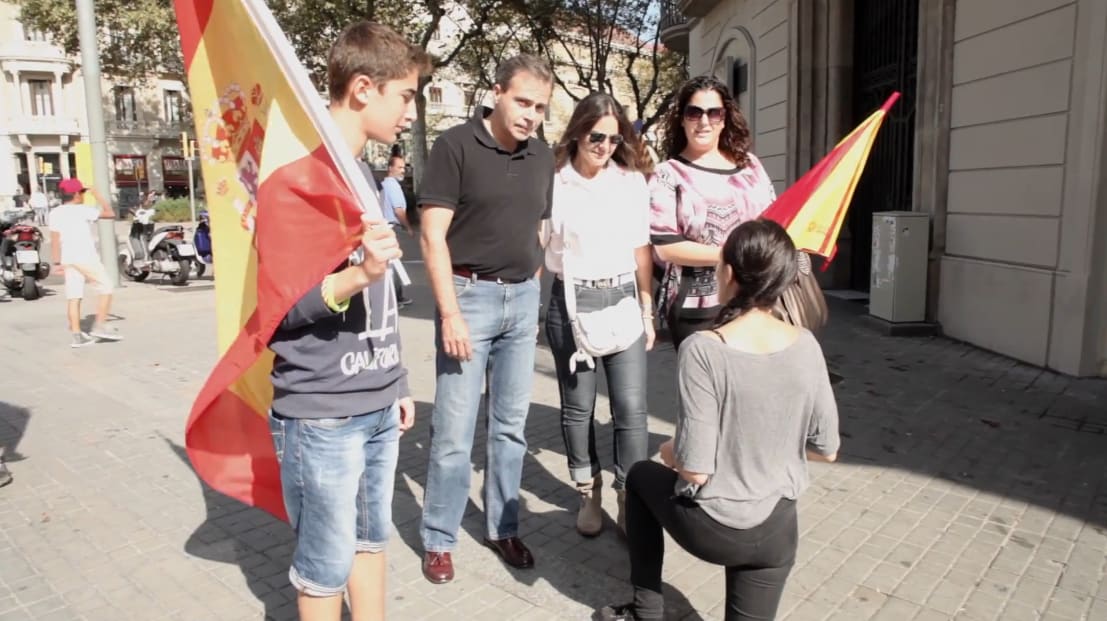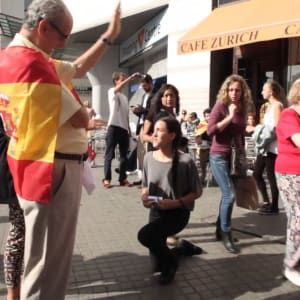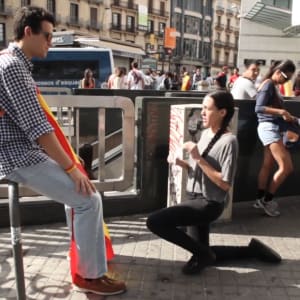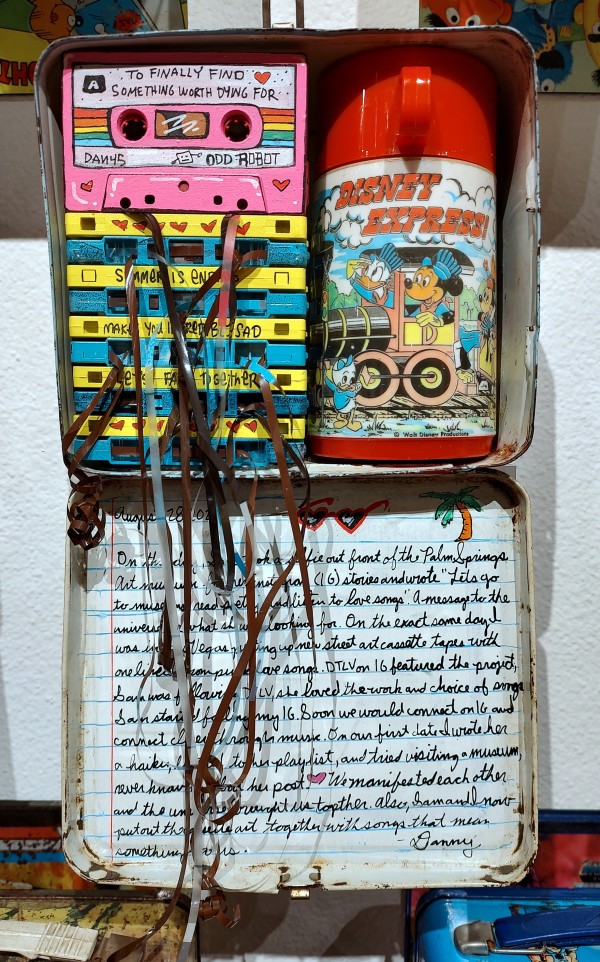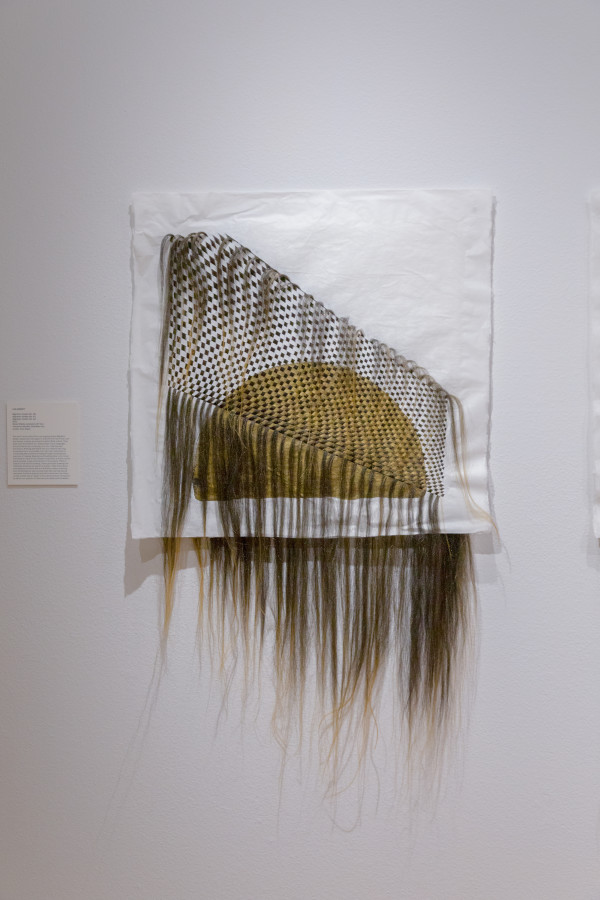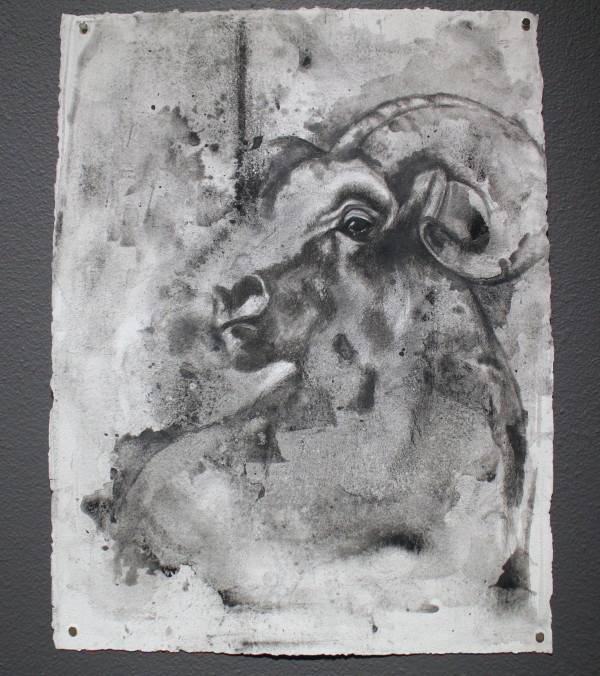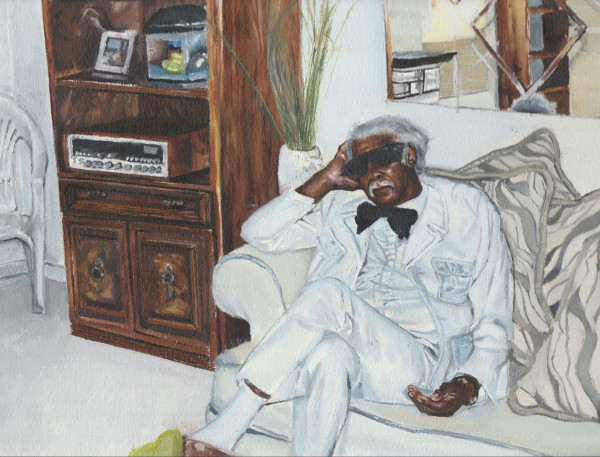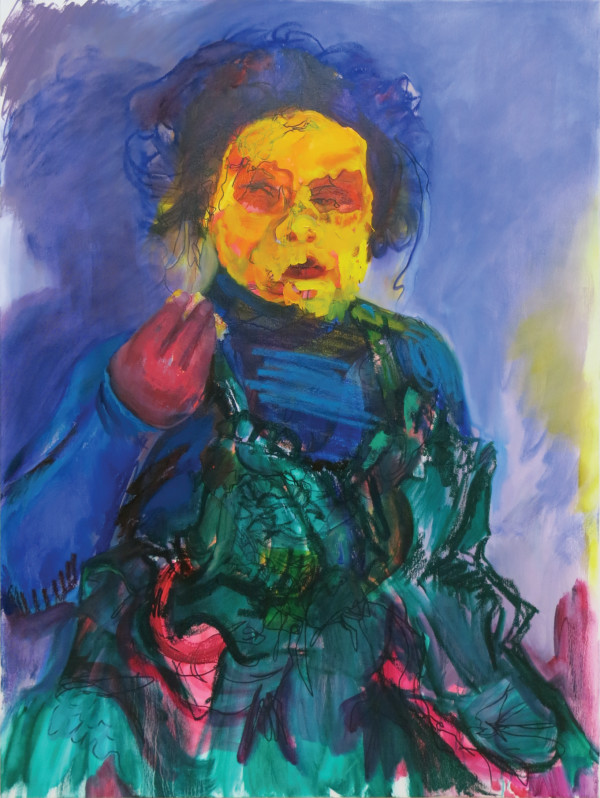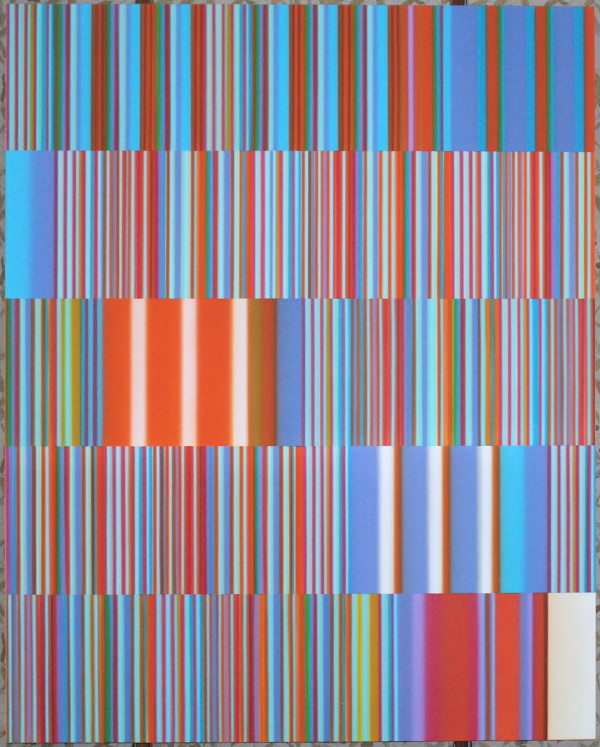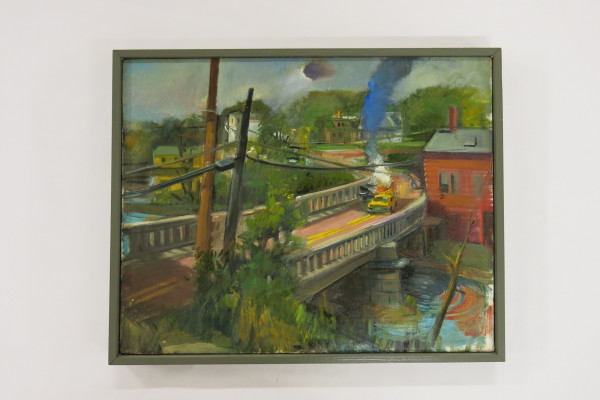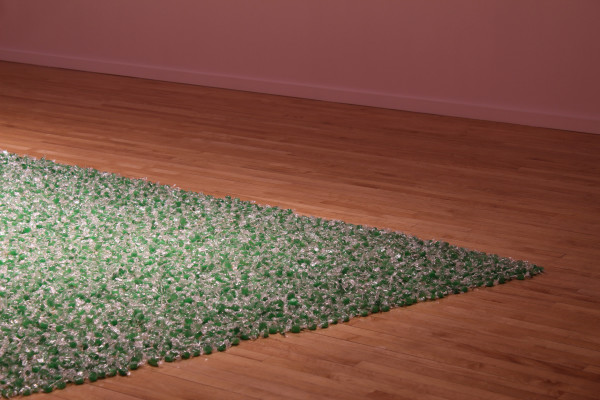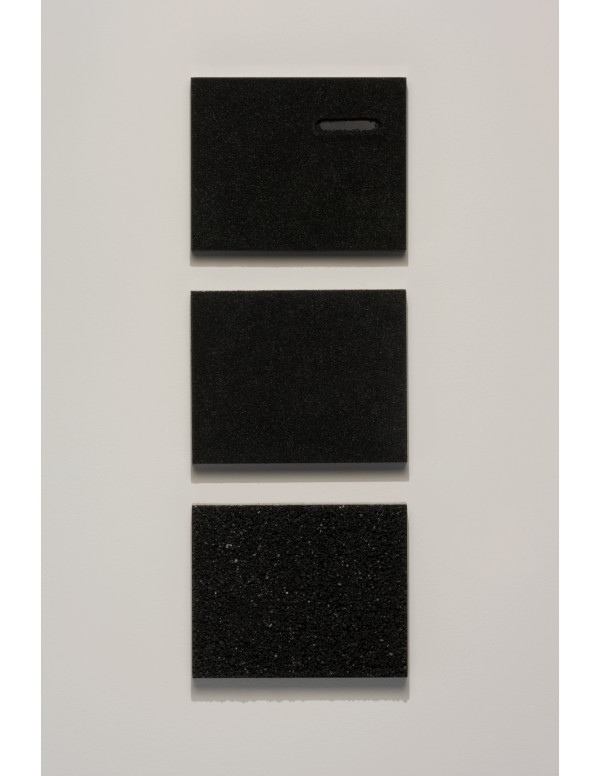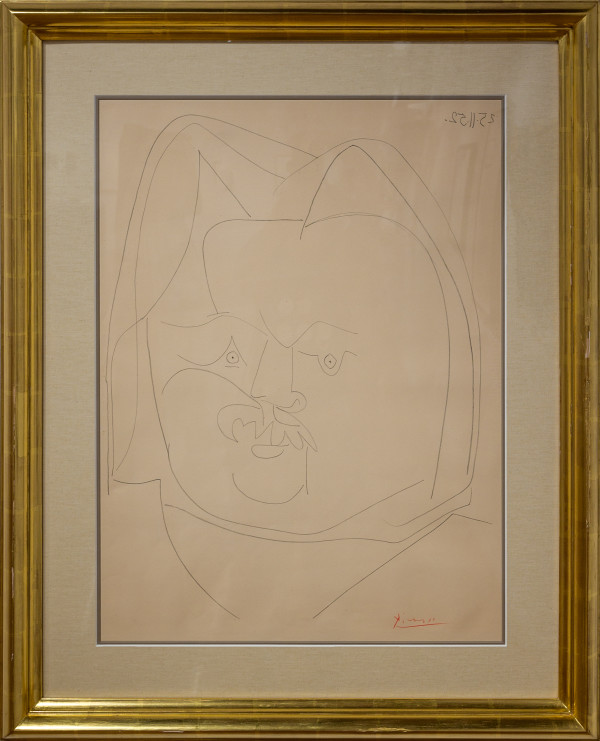
UNLV Marjorie Barrick Museum of Art
Las Vegas, Nevada
We believe everyone deserves access to art that challenges our understanding of the present and inspires us to create a future that makes space for us all.
MessageDaniela Ortiz (b. 1985, Cusco, Peru; based in Cusco)
"Réplica" 2014
Looped digital video (4:30 min)
Collection of the artist
On each October 12 from 2012 and 2019, the artist and antiracist activist Daniela Ortiz carried out a series of actions. Set on the date of the so-called “discovery” of America, which Spain marks to celebrate its National Day, the actions reveal the imperial substrate of Spanish identity and promote counternarratives that make visible the silenced experience of the colonized peoples.
This selection of videos brings together three actions carried out in the city of Barcelona. CP12, realized in collaboration with Xose Quiroga, consists of a detailed visual journey that stresses the racist ideology epitomized by the Columbus monument located in the Plaza Colón. In addition to Columbus, the monument commemorates two Catalan figures who actively participated in the colonial process, the priest Bernardo de Boyl and the soldier Pere de Margarit, who are represented next to an Indigenous man kneeling in a sign of submission. Réplica is set in Plaza Cataluña, one of the main public spaces where the National Day is celebrated. Carrying a photograph of the anonymous Indigenous man kneeling under priest Bernardo de Boyl, Ortiz kneels in front of passersby, tries to explain that the Columbus monument reifies racism, and receives some irritated and even violent reactions. In Reparación, Ortiz reads fragments of El primer nueva crónica y buen gobierno (1615), a manuscript by the Indigenous chronicler Guamán Poma de Ayala, that denounces the abuses committed by the Spanish colonizers. Immediately after the performance, the facsimile was transferred from the University of Barcelona library to a cultural space managed by migrants and racialized people.
All three actions were recorded on video to be shared by the artist on social media, through which she has consistently given space to forms of anticolonial dissent beyond the art world.
By Florencia Portocarrero (based in Lima, Peru)
